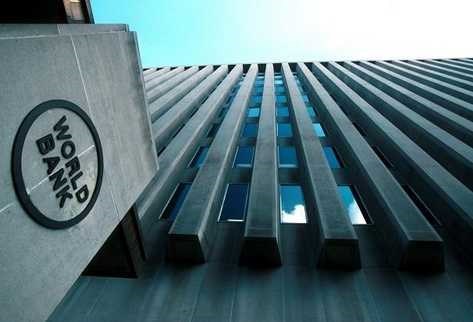Global Wealth Has Grown, But at the Expense of Future Prosperity: World Bank
World Bank report provides data for a more comprehensive view of economic growth and sustainability; finds share of total global wealth in renewable natural capital is decreasing and threatened by climate change
WASHINGTON, Oct. 27, 2021 – Global wealth has grown overall—but at the expense of future prosperity and by exacerbating inequalities, according to the World Bank’s new Changing Wealth of Nations report released today.
Countries that are depleting their resources in favor of short-term gains are putting their economies on an unsustainable development path. While indicators such as Gross Domestic Product (GDP) are traditionally used to measure economic growth, the report argues for the importance of considering natural, human, and produced capital to understand whether growth is sustainable.
The Changing Wealth of Nations 2021 tracks the wealth of 146 countries between 1995 and 2018, by measuring the economic value of renewable natural capital (such as forests, cropland, and ocean resources), nonrenewable natural capital (such as minerals and fossil fuels), human capital (earnings over a person’s lifetime), produced capital (such as buildings and infrastructure), and net foreign assets. The report accounts for blue natural capital—in the form of mangroves and ocean fisheries—for the first time.
“A deeper and more nuanced understanding of the sustainability of wealth is crucial to a green, resilient, and inclusive future,” said World Bank Managing Director for Development Policy and Partnerships, Mari Pangestu. “It is essential that renewable natural capital and human capital are given the same importance as more traditional sources of economic growth, so that policymakers take steps to enable long-term prosperity.”

